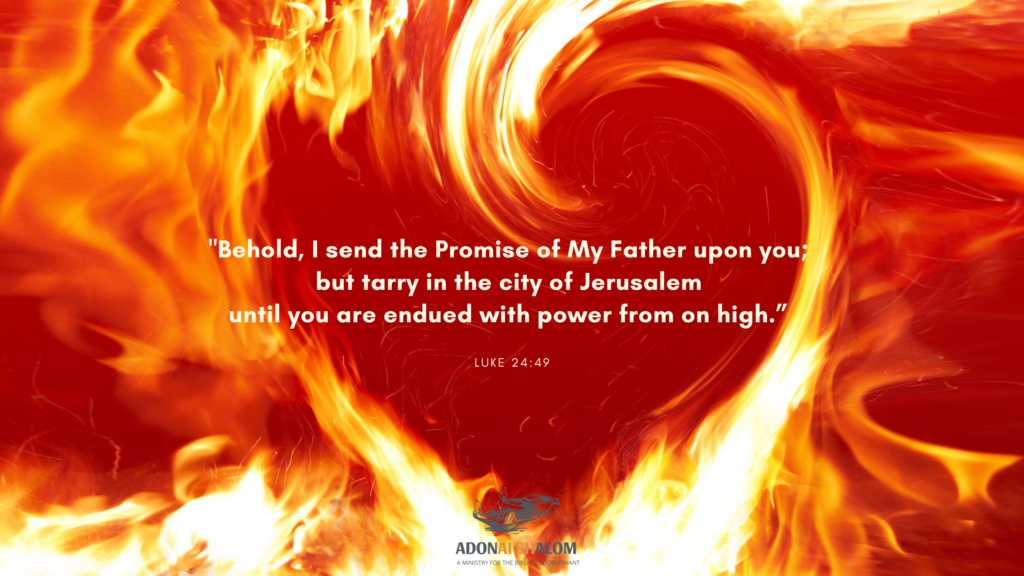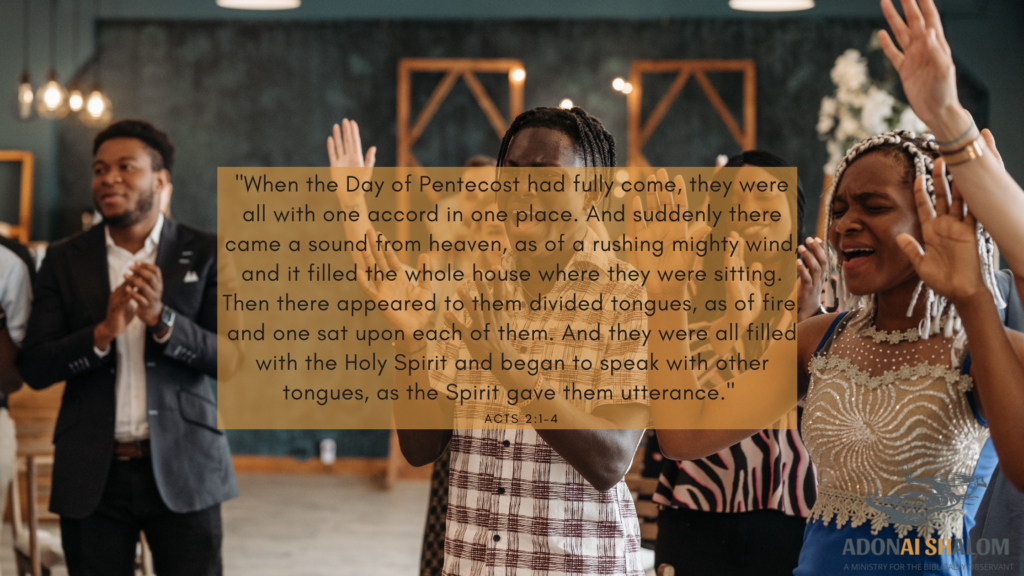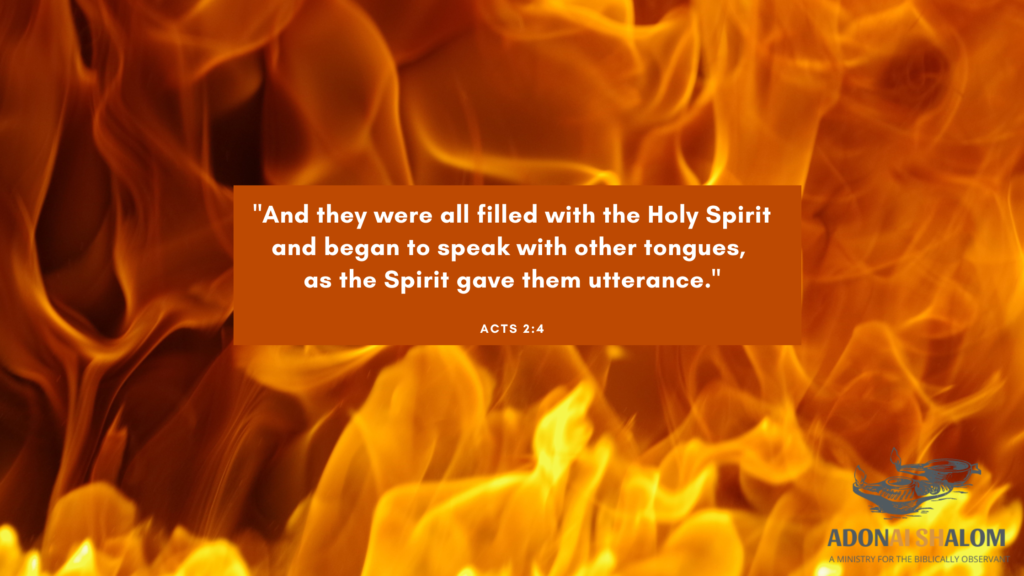What does it truly mean to be “Pentecostal”?
Infilling. Indwelling. Whatever you’d like to call it, you need it! We all do.
The infilling of the Holy Spirit.
Often called the Baptism of the Holy Spirit, the infilling, indwelling presence of the Third Person of the Trinity is the Promise from the Father, a gift that all believers may receive!

Pentecostal Christianity
Despite the fact that the largest organized evangelical Christian fellowship in the world (the Assemblies of God) just so happens to be Pentecostal in belief and practice, most Americans do not know very much about Pentecostal Christianity.
Globally, here are the number of adherents in some of the largest and most well-known classical Pentecostal movements or denominations:
Pentecostal Holiness: 4 million
Church of God (Cleveland): 7 million
Church of God in Christ: 3 million
These particular denominations are Trinitarian with sound doctrine. Pentecostal fellowships in general, but particularly the Assemblies of God, have always emphasized global missions.
The fruit of that determined investment are these combined 99 million+ members around the world. This is proof that Spirit-filled, Spirit-empowered evangelism is effective!
The Erroneous Jesus-only doctrine
The United Pentecostal (UPCI) Oneness denomination is growing, currently with 5 million members, but this group denies the Triune nature of God. In most cities, UPCI churches are known as “The Pentecostals of . . . ” leading many to believe all Pentecostals share this type of erroneous doctrine. The UPCI teaches what is termed, “apostolic doctrine.” This is a doctrinal problem that new leaders need to be able to confront and correct with love because it is more than just a semantic issue. These churches are often known as “Jesus-only” churches because they do not baptize in the Name of the Father, Son, and Holy Spirit, but rather in the Name of Jesus, only.
The UPCI teaches that women must have uncut hair, may not wear makeup, and that men should not wear shorts. I applaud their efforts to emphasize modesty, but I do believe they have gone a bit too far.
Because of outward appearance (particularly of UPCI women), many people in the United States have equated all Pentecostals with this type of legalism.
But the reality is, being Pentecostal is about what the Holy Spirit has done on the inside, and yes, our outward appearance should reflect holiness, but in a balanced way, not infringing on personal freedom. I personally choose to wear skirts and dresses, but I am not required to do so by the organization with which I am affiliated.
What makes a person “Pentecostal?”
We need to reclaim the term “Pentecostal” for all who are genuinely filled with the Holy Spirit.
Clothing or hairstyle does not make a person “Pentecostal.”
Nor does emotionalism. Sometimes Pentecostals have a reputation for being expressive or “too” emotional. God has given us emotions and there are appropriate moments even in the context of a worship service when emotion can and should be expressed and even encouraged! But emotion for the sake of a show or drawing attention to oneself…. that is not what makes a person a “Pentecostal.” A true Pentecostal person has a healthy understanding of how God ministers to our emotions.
The Spirit of the LORD makes a person “Pentecostal.”
Power from on high makes a person “Pentecostal.”
Being filled with the Holy Spirit (with evidence) (more on that later), makes a person truly “Pentecostal.”
“When the Day of Pentecost had fully come, they were all with one accord in one place. And suddenly there came a sound from heaven, as of a rushing mighty wind, and it filled the whole house where they were sitting. Then there appeared to them divided tongues, as of fire, and one sat upon each of them. And they were all filled with the Holy Spirit and began to speak with other tongues, as the Spirit gave them utterance.” Acts 2:1-4, NKJV

The Full Gospel
Notice that Acts 2:1 says “When the Day of Pentecost had fully come . . . “ (emphasis added)
The Day of Pentecost was actually the Feast of Shavu’ot, that had been celebrated for years. It’s just that this time, in Acts, God was going to do something so much greater. If you are interested in learning about the Feast of Shavu’ot and the Biblical Spring Feasts, click here for my post that goes more in-depth on that particular subject.
When I usually read this, I focus on the fact that the Jewish Feast day had come, but let’s look at the important adverb there: fully.
The Feast day had fully come. It was the precise day . . . but also: this was a day of fulfillment. The Day prophesied by the Prophet Joel had fully come – the LORD was going to even more fully work in the lives of His people.
Joel 2:28-30, NKJV
There is a fullness to the Gospel. Never again shall you hunger or thirst for Living Water because that Living Water will come to you and indwell you.
The Full Gospel is that which the Pentecostal communities proclaim: that the Gospel didn’t end at the Resurrection! There was more yet to come! The LORD would unite His people through the power of the Holy Spirit and dwell inside of them.
Prior to the Pentecostal outpouring of Acts 2, the Spirit of the LORD came upon God’s servants, but only for a certain moment or occasion, for a certain purpose. After Acts 2, the Spirit of the LORD would dwell within those who are called by His Name. Hallelujah!
Pentecostalism is about receiving all that the LORD has for you
I love how God does things holistically.
We find this to be true throughout the Bible. For example, a Biblical term, “shalom,” meaning “peace,” is more than a simple “peace” that we understand in our English language today. The Hebrew “shalom” that the Bible talks about is holistic – an all-encompassing wholeness that only the Prince of Shalom could bring.
So God doesn’t just deal with one part of us – its not just “accept Jesus in your heart” and that’s it. Our heart is vitally important and so is our soul and spirit, but also this physical body we are living in right now.
The LORD of All wants you to have a relationship with Him that includes aspects that are very experiential. Being baptized in water is a physical symbol of your dying to your sin and rising with Him to new life. Being baptized in the Holy Spirit is also physical! Your physical body will feel the glorious spiritual effects – you will be filled with a uncontainable joy and your tongue will speak praises to God with amazing fluidity.
Yes, God can use people who have not (yet!) received the baptism of the Holy Spirit. But He can use you for so much more greatness if you receive the awesome gift He has for you. He wants so much for you – don’t limit your experience with the LORD because of your preconceived notions of what it might mean to receive the baptism of the Holy Spirit. Don’t fear! The LORD designed all of this so beautifully. Receive what He offers you!
What is the Biblical Evidence of the Indwelling of the Holy Spirit?
The Biblical Evidence of the indwelling of the Holy Spirit is often called the “Initial Physical Evidence of the Baptism in the Holy Spirit.”
“And they were all filled with the Holy Spirit and began to speak with other tongues, as the Spirit gave them utterance.” Acts 2:4, NKJV, emphasis added

The people were ALL filled with the Holy Spirit (all of them – there were no exceptions or exemptions. No one was left out. The LORD blessed those who had gathered in the Upper Room to wait for the Promise of the Father by pouring out His Spirit upon every.single.one.
The Biblical pattern is this: when people are filled with the Holy Spirit then they begin to speak with other tongues as given by the Holy Spirit.
Speaking in tongues is the initial physical evidence of the Baptism in the Holy Spirit.
But some churches don’t “believe” in speaking in tongues.
Some even preach against the practice, saying that this occurred only on that particular Pentecost Day.
But read your Bible carefully!
No where does the Word of God suggest that people stopped receiving the indwelling of the Holy Spirit. We are the temple of the Holy Spirit, so certainly He continues to fill His people!
Most people who claim not to believe in the Holy Spirit baptism are people who have actually prayed and asked God for it, but did not (yet!) receive it. They conclude that because they have not received it, then it must not exist. A very poor conclusion indeed.
Some people are quite nervous or frightened about the whole idea of speaking in tongues. I know I wasn’t raised around that and I didn’t quite understand what it was all about until I received the blessed outpouring. The Bible tells us to not be afraid! Seek Him with your whole heart and He will fill you!
Speaking in tongues will give you a holy boldness to share the Good News with others and will help your prayer life tremendously! If you want to be able to pray effectively and with power, you need the baptism of the Holy Ghost!
“Pentecostal” or “Spirit-filled?”
Being “Pentecostal” is fairly synonymous with being “Spirit-filled.”
It has become more widely accepted and more popular to be “Spirit-filled,” perhaps because this term carries less baggage as I explained with the Trinitarian vs. Oneness doctrinal controversies.
“Spirit-filled” carries its own set of issues at times because some of the new age movements (I may be harsh, but I call it “charismatic witchcraft”) are also comfortable calling themselves Spirit-filled and this causes confusion and division within the Pentecostal movement.
Both terms are appropriate. It is just important to know to what exactly you are referring!
Pentecostal and Spirit-filled worship services are vibrant and full of life! If you’ve never visited a Pentecostal church, I encourage you to find one to visit in your area! Expect to see people raising their hands in praise and worship and plenty of music and prayer!
Pentecost Sunday (The Feast of Weeks/The Feast of Shavu’ot)
This Sunday, followers of our Messiah Yeshua (Jesus) from around the world will celebrate the coming of the Holy Spirit on Pentecost Sunday (Shavu’ot). I encourage you to go beyond a once-a-year celebration.
Know this: the Holy Spirit can endue you with Pentecostal power, a gift you may enjoy every single day of the year. If you don’t receive the initial physical evidence of the baptism of the Holy Spirit right away, do not get discouraged. It will happen in God’s perfect timing.
Pray today that the Holy Spirit will baptize you in His Holy Fire!
Are you seeking the Holy Spirit baptism? I’d love to pray for you. Leave a comment below!